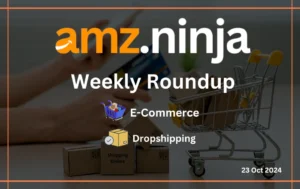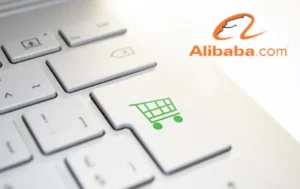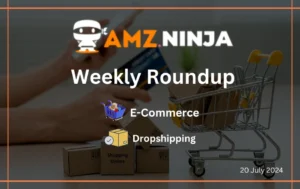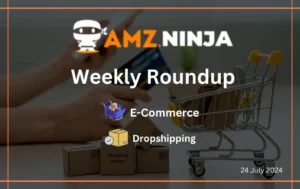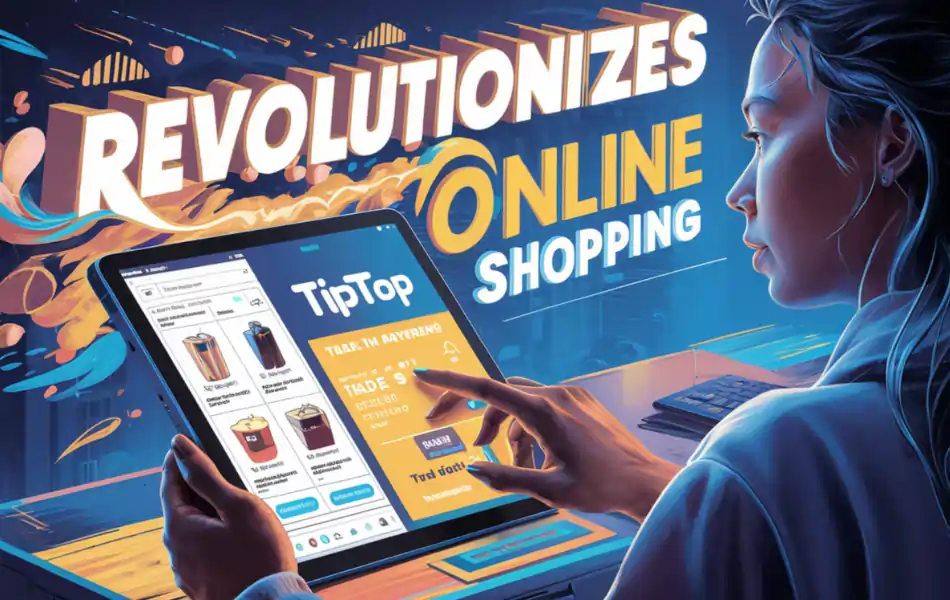
In a groundbreaking move set to transform the landscape of online shopping, Tiptop, the brainchild of Postmates co-founder Bastian Lehmann, has launched an innovative service that allows users to pay for their purchases by trading in unwanted items. This seamless integration of a trade-in payment option alongside traditional methods like PayPal and Apple Pay is poised to redefine the way consumers approach e-commerce.
Tiptop's journey began in 2023 as an app that analyzed users' Gmail receipts to estimate the resale value of their online purchases, providing access to a curated marketplace where this value could be utilized as a trade-in discount. However, the company has since evolved into a more versatile service, partnering with various e-commerce platforms to offer its unique trade-in solution.
The process is simple and user-friendly: when completing an online purchase, customers can select Tiptop as a payment method and choose the item they wish to trade in from a dropdown menu, specifying its brand, model, and condition. Tiptop's advanced algorithms then calculate the trade-in value, instantly deducting it from the total cost for installment purchases or issuing a refund upon receiving the traded-in item.
Tiptop's extensive catalog of approximately 50,000 eligible products spans a wide range, from electronic devices to household goods, ensuring a broad appeal to consumers. The company's sophisticated algorithms assess the value of items based on market trends and depreciation rates, with an impressive average discount of $287 on devices processed thus far.
Partnering with e-commerce giants like Shopify, Tiptop has already attracted a diverse array of merchants, including Nothing, Phonedaddy, Cradlewise, Backbone, and King of Christmas. This collaboration enables these businesses to offer Tiptop as a convenient payment option for their customers, streamlining the process of upgrading to new products while responsibly disposing of outdated ones.
The concept of Tiptop was born from Lehmann's personal experience with the challenge of efficiently parting with obsolete possessions that clutter homes. Recognizing the untapped value hidden in households, Lehmann envisioned Tiptop as a solution to unlock this potential, promoting a more sustainable approach to consumption.
While some critics argue that Tiptop's model might encourage a culture of excessive consumption by facilitating frequent upgrades, Lehmann maintains that the service offers a unique payment method that promotes both affordability and responsible consumption. By providing a hassle-free way for consumers to trade in their unwanted items, Tiptop aims to reduce waste and extend the lifecycle of products.
Tiptop's innovative approach has also drawn comparisons to other trade-in programs offered by companies like Apple and eBay. However, Tiptop distinguishes itself by allowing cross-brand trade-ins, enabling customers to purchase a product from one brand while trading in an item from another, all within a single transaction. This flexibility sets Tiptop apart from other services that often rely on gift cards or multi-step processes.
As Tiptop continues to expand its partnerships with popular e-commerce platforms like BigCommerce, Adobe Commerce, and WooCommerce, the company is well-positioned to revolutionize the way consumers approach online shopping. By offering a seamless, integrated trade-in solution, Tiptop empowers customers to make more affordable and sustainable purchasing decisions, while providing merchants with a powerful tool to boost sales and customer loyalty.
In an era where conscious consumerism and environmental responsibility are increasingly important, Tiptop's innovative service offers a compelling solution that benefits both shoppers and retailers alike. As the company continues to grow and forge new partnerships, it is clear that Tiptop is set to make a significant impact on the future of e-commerce.



